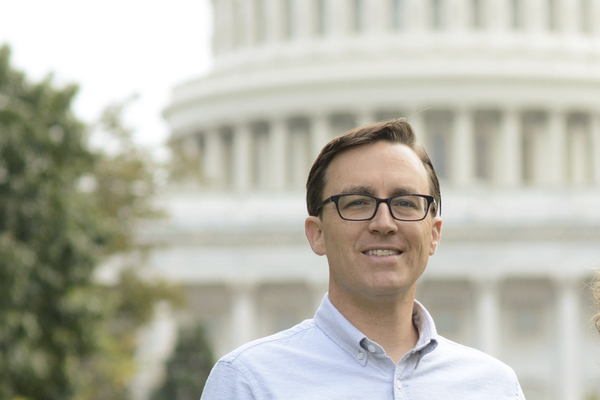Greetings from New HNN Editor Michan Connor

Greetings to the History News Network community. I’ve had the pleasure of hearing from some of you already, and am very impressed by readers’ devotion to the site as a forum for historians and people who love to learn about history and history’s importance for understanding our present. It’s a great honor to be able to carry forward such an important resource. I am very appreciative of the efforts of HNN founder Rick Shenkman, and the enthusiastic support of the history department at George Washington University. I am especially grateful to my predecessor Kyla Sommers, who diligently explained not only the nuts and bolts of the website, but its spirit.
I came to HNN after a long path through (and out of) the minefield of contemporary academe. I was always interested in history as a child in Massachusetts, and enjoyed how historical fiction (both books and movies) could challenge me to imagine life in a different time and place, to read more about it, and to understand what a story got right, or got wrong, or left out completely.
As a first-year undergraduate student, I spent two terms slogging away at chemistry and calculus in pursuit of medical school admission, but was led astray by my courses in the humanities and joined an honors program in American studies. Living and studying outside of Chicago, I was inspired by the city’s physical form and the richness of its multiple artistic and musical traditions, but also troubled by its inequality, segregation and political dysfunction. My history classes on the American city and Black Chicago pushed me to ask about who made the city, how, and why.
After a couple of years of fairly aimless but fun young adult life at the rough edges of one of Chicago’s gentrifying neighborhoods, I entered the new and dynamic PhD program in American Studies and Ethnicity at the University of Southern California in 2001. The 9/11 attacks shook the world in the second week of my graduate studies. In hindsight, I think those events shaped the way I looked at cities, including my new home of Los Angeles, as places where the contradictions, conflict, and violence of modern life are on full display, but where diverse people work to figure out how to survive and thrive together. The key for me was understanding how those people and places were shaped by the imprint of the past.
That perspective guided me through writing a dissertation on how city boundaries shaped racial dynamics in Los Angeles County, and researching and publishing articles about suburban secession movements in LA and metro Atlanta. Along the way I moved to Texas, spent a year in Atlanta as a fellow of the James Weldon Johnson Institute at Emory University, and started a family. I had the pleasure and challenge of designing and teaching courses that brought historical perspective to understanding policy problems like environmental injustice, economic insecurity, and racial inequality, and worked with incredibly diverse groups of students, who taught me that teaching history is about dialogue and communication.
Many readers of this site are no doubt aware that today’s universities are increasingly unwilling to support stable and long-term careers for scholars in fields like history, and I’m among the many who have sought a path outside of academe. If there’s a silver lining to this professional crisis, it is that historians have expanded their public engagement into new forms. I am very excited to be carrying on the legacy of HNN, which has long championed the idea that historians have important things to say about today.
If you are a past contributor to HNN, I look forward to reading your future submissions. If you are a new contributor, and especially if you are a history graduate student or early career scholar looking to start writing to bring your expertise to the public, send your drafts to editor@hnn.us.